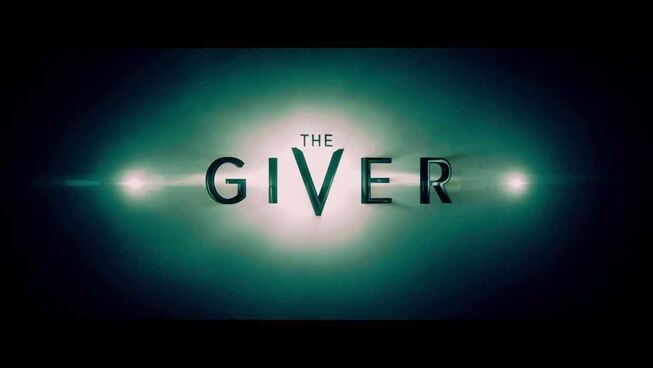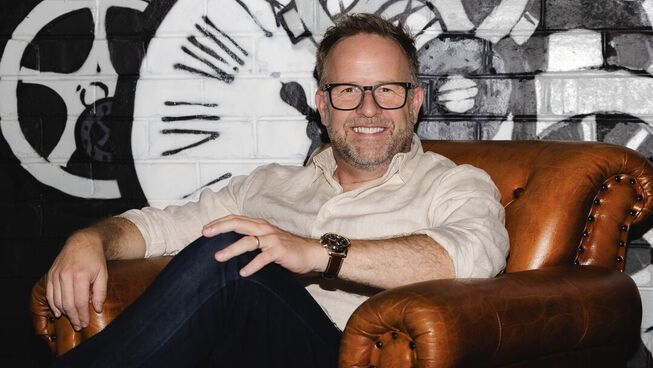
You have to ask, ‘Do we need another dystopian, young adult drama?’
After Twilight, The Hunger Games and Divergent, it feels like this genre may have reached saturation point. Genre fatigue will be a major hurdle for The Giver, which was written by Lois Lowry prior to the more recent book series, but took some time to be adapted for the screen. Surprisingly The Giver does give us something different.
Phillip Noyce (Salt) begins with a monochrome palette for the setting of this utopian community. The society has eliminated war, pain and suffering, but there is something missing in this seemingly perfect society. Noyce seems to be preparing the film’s canvas before adding the desired colours. As with most artists, he begins by drawing a monochrome picture before starting work on his artwork.
After the establishment of this black and white community, we are introduced to a special ceremony for young graduates and their roles in the society. The central character, Jonas (Brenton Thwaites), is given the unique role of “Receiver of Memories”, a position that has not been given to anyone in ten years. He enters into training with a mysterious elder called The Giver (Jeff Bridges). The development of their relationship is the basis for the slow incorporation of colour into the palette of this society and visually on the screen.
Jonas discovers that things are not as they seem within this utopian community, and begins to understand the realities of the “real” world. The richness that real life brings forth reveals the technicolour that has been missing from The Community and his life. The beauty of the story is like watching a painting slowly appear on a canvas. Jonas has to make decisions about what to do with these new truths.
Unlike other dystopian sci-fi, the story does not have children killing or fighting other children and does not incorporate too many action sequences. It is more philosophical and provokes the bigger questions of life. Jeff Bridges as the brooding mentor, helps to convey the weight of responsibility of one who holds the truths of the society. Once he is allowed to share with Jonas, information quickly unravels and pushes Jonas into making decisions that will affect the whole controlled society. The experience is like watching Jackson Pollack do a paint by numbers artwork.
Philip Noyce manages to take a worn out genre and broaden our perspective. The black and white filming is intentionally unnerving until the colour and Jonas’ life come into focus. The colours play beautifully against the backdrop of the greys of a society left without love and hope. One of the refreshing components of the storyline is how it pushes against the boundaries of political correctness and taboo subjects.
The film has an Oblivion and Enders Game feel without the action sequences and will inevitably suffer from comparison to many of the dystopian films like The Hunger Games. Yet, its thought provoking message makes this film worthwhile for adults and teens.
This recommendation comes with a warning. There are scenes of infanticide and references to euthanasia that are unnerving. The film is not a light weight and the philosophical nature of the film, its lethargic pacing and lack of action may exclude some of its core audience. The Giver is not a masterpiece, but it does have an aesthetic appeal and philosophical value.
Leaving the cinema…
The last expectation of this film was to have deep theological and philosophical discussions with my young adult children, but that is what ensued. In amongst the young adult drama was the discussion of life, love, hope and joy. This film will have to get over the hurdle of genre fatigue, but commendations have to go to the screenwriters for their bravery and originality and I would recommend The Giver.
What are some of the bigger questions to consider from this film?
- What does God and the Bible have to say about the value of life? (Genesis 1:27, Isaiah 46:3-4)
- Do we have a role in our society? (John 13:35, 1 Peter 2:17)
- Where can we find real love, hope and joy in this broken world? (Acts 24:14-16, Romans 8:24)
Russell Matthews works for City Bible Forum and is a regular blogger for Insights Magazine. You can read his reviews at russellingreviews.blogspot.com.au




